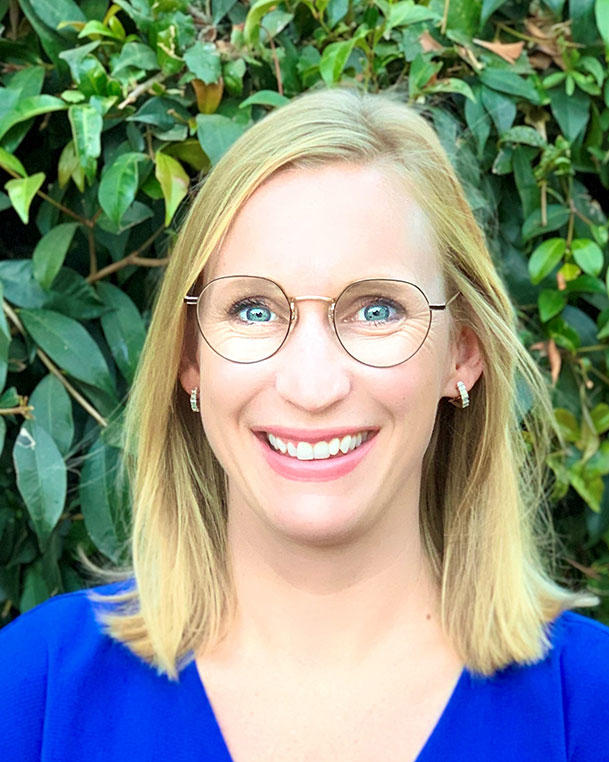Interview conducted by Jessica Gorzelitz, Ph.D., M.S., postdoctoral fellow in the Metabolic Epidemiology Branch.
Years at DCEG: 2013-2016
DCEG Title: Cancer Prevention Fellow
Current Organization: California Polytechnic State University, Department of Kinesiology and Public Health
Current Title: Associate Professor
Who was your mentor at DCEG? What did you work on?
I worked with Charles Matthews, Ph.D., in the Metabolic Epidemiology Branch on projects related to sitting time, physical activity, and cancer risk
What is your current position?
I am an associate professor at California Polytechnic State University (Cal Poly), a Masters-level institution. I do an equal amount of teaching undergraduate students and research.
How do you apply the skills you developed at DCEG in your current job?
It’s hard to overstate the value of my time at DCEG as a cancer prevention fellow. I was fortunate to obtain an R01 in my third year here at Cal Poly, which built off my research program and training offered through DCEG and the Cancer Prevention Fellowship Program.
Do you have any memories from your fellowship that you would like to share?
My favorite memories are lunch with the other fellows and our branch tea times. While I may just be hungry and focus my life on food, I think those memories are really about the opportunity to talk with smart, motivated people who were doing great science and incredibly supportive of one another. I personally think that’s the best thing about DCEG.
What was your favorite project you worked on while in DCEG?
I had the opportunity to work on a paper led by Steve Moore and Chuck Matthews that was part of the NCI cohort consortium looking at physical activity in relationship to 26 different cancer types. That was a really great opportunity to work with leaders in the field on a paper that’s already had a big impact on physical activity cancer research.
What do you do in your free time?
I have two boys who are 8 and 5 years old and love the beach and hiking. I’m lucky to live in an area where we can do that year-round. I also like cooking and wine.
Do you have any advice for current or future DCEG fellows?
It’s very important to take the time to get to know investigators and other fellows across the division who are outside of your area of expertise. You never know where your research path will lead—thus, having a broad network is really helpful. I’ve had former DCEG fellows as guest lecturers in my class and invited seminar speakers and consultants on my grant. I also think it’s worth taking advantage of the opportunity to meet people who work in the extramural divisions, especially if you’re planning to go into academia and compete for grants. Doing so helped me learn a lot about the process and how to reach out to program directors. Just knowing who some of them are makes it less intimidating as you start the process of applying for grants.
